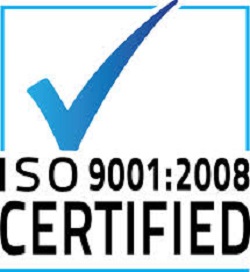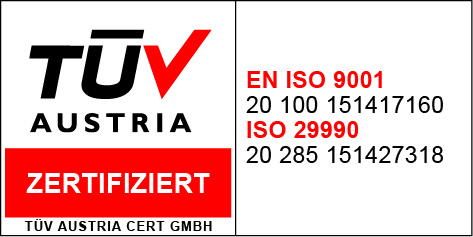


Once you’ve saved money for investing, consider carefully all your options and think about what diversification strategy makes sense for you. While the SEC cannot recommend any particular investment product, you should know that a vast array of investment products exists—including stocks and stock mutual funds, corporate and municipal bonds, bond mutual funds, certificates of deposit, money market funds, and U.S. Treasury securities. Diversification can’t guarantee that your investments won’t suffer if the market drops. But it can improve the chances that you won’t lose money, or that if you do, it won’t be as much as if you weren’t diversified.
Risk ToleranceWhat are the best saving and investing products for you? The answer depends on when you will need the money, your goals, and if you will be able to sleep at night if you purchase a risky investment where you could lose your principal. For instance, if you are saving for retirement, and you have 35 years before you retire, you may want to consider riskier investment products, knowing that if you stick to only the "savings" products or to less risky investment products, your money will grow too slowly—or given inflation or taxes, you may lose the purchasing power of your money. A frequent mistake people make is putting money they will not need for a very long time in investments that pay a low amount of interest. On the other hand, if you are saving for a short-term goal, five years or less, you don't want to choose risky investments, because when it's time to sell, you may have to take a loss. Since investments often move up and down in value rapidly, you want to make sure that you can wait and sell at the best possible time.
Investment Products
When you make an investment, you are giving your money to a company or an enterprise, hoping that it will be successful and pay you back with even more money.
Some investments make money, and some don’t. You can potentially make money in an investment if:
You can lose money if:
|
Join our Linkedin Group
The GAFM ® Board is the 1st Graduate Certification Body to Become Accredited and Certified for: ISO 9001 Quality and ISO 29990 Training in the World. GAFM ® owns the former AAFM ® Certifications and Programs
|

Home Certifications Board Recognition Requirements Providers About Contact Us Contact Apply AFAPPC GetCertifiedPPC Benefits Chartered Wealth Manager News How To Use Stock Markets Training Calendar FINRA Application Reg. Payments About Old Events CWM Training Program News UBT University Business Technology Saudi Arabia Saudi Arabia - Certification Training Programs 2017 - University Business & Technology CEO Message Chartered Certified Economist Certified Financial Analyst FINRA SEC Chartered Wealth Manager Training Indonesia Malaysia Guides Informa GAFM Guides Jamaica Qualifying Degrees Global Advisors Membership Mission Ethics Governmental Recognition Links Handbook mfm Financial Planner Program Chartered Economist CCO Higher Institute IP List Become Provider Management Consulting Jobs TUV Accreditation CWM Chartered Wealth Manager Terms Financial Analyst Certification Copy of Certification Economics Certification Economics Degrees Management Degrees Finance Degrees Accounting Degrees Exams Renew Certification Awards Sample Honor Society Trademarks Careers Complaint Site Map Mentz George Mentz Lawyer Mentz George Colorado USA Speaker Consultant AFA ® Accredited Financial Analyst Certification CTEP ® Trust and Estate Certification CIPM ® Certified International Project Manager CWM ® Chartered Wealth Manager ® AMA ® Management Accountant Certification AMC ® Management Consulting Certification MMC ® Management Consulting Certification Book







